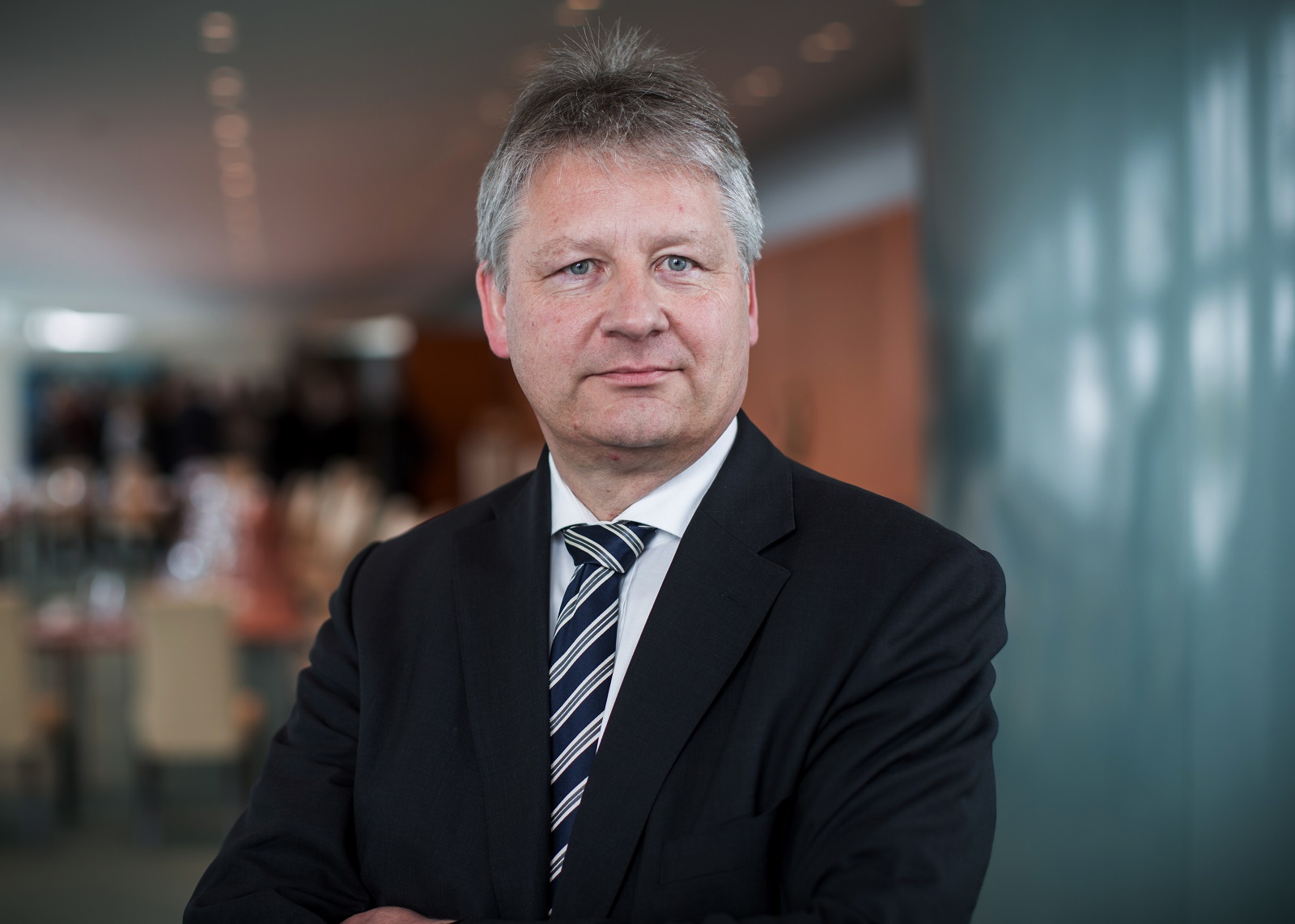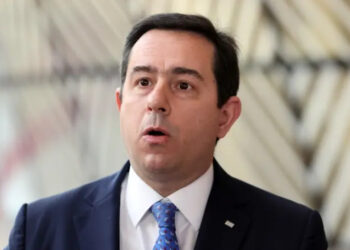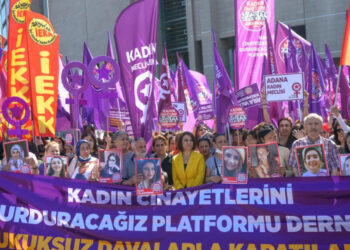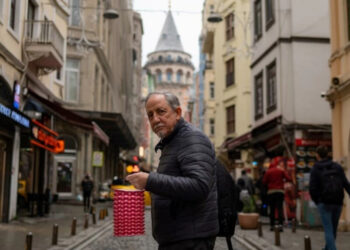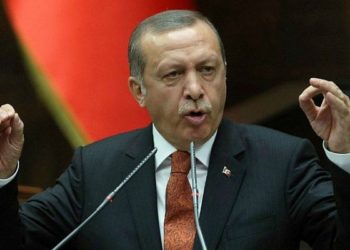Reclusive Turkish cleric’s role in a coup that rattled Turkey last summer is under constant scrutiny not only in the national domain, but is frequently also going beyond its borders as part of a global crusade by Ankara.
Since President Recep Tayyip Erdogan‘s government went on a global campaign to persuade friends and foes alike that U.S.-based cleric Fethullah Gulen was the chief architect of the July 15 coup attempt, the issue has taken an international dimension that, at times, has strained ties with allies.
Mr. Erdogan’s global manhunt for Gulen’s sympathizers all around the world, his audacious battle to shutter Gulen-affiliated schools across the globe and his occasional war of words with Washington over the extradition of the cleric living in Pocono Mountains all boiled down to one conviction: Mr. Gulen was the figure that pulled the trigger of the putsch to topple the Turkish president.
So was the Turkish government’s narrative that endlessly repeated during meetings with allies and rivals at diplomatic events, foreign visits, and on other occasions.
But 7 months after the attempted coup, despite Turkey’s all efforts, its narrative seems to fail to fall on receptive ears, particularly in the Western capitals.
On Saturday, chief of the German foreign intelligence agency said that the Turkish government has failed to convince them that Mr. Gulen was behind the coup.
“Turkey has tried to convince us of that every level but so far it has not succeeded,” BND President Bruno Kahl told Der Spiegel in an exclusive interview.
The Turkish government describes Gulen movement as a terrorist organization (FETO) and urges its allies to identify the group as such. In a repudiation of the Turkish government’s characterization, Mr. Kahl negatively responded a question whether the Gulen movement was extreme Islamist or terrorist.
Reuters quoted a statement from Mr. Kahl’s interview with Der Spiegel as saying that Gulen movement was a “civil association that aims to provide further religious and secular education.”
But he also rejected a theory that frames the Turkish government as behind the coup, staging a false-flag operation. “The coup attempt was not initiated by the government,” he said.
“Before July 15, the government had already launched a big purge so some parts of the military thought that they should carry out a coup quickly before they were purged, too.” But it was too late and too little.
“What we saw following the coup would have happened anyway, maybe not on the same scale and with such ferocity.”
His remarks echoed a similar argument adopted by the intelligence unit of the European Union, which claimed that a faction within the army acted to stop an incoming purge wave ahead of a high military council meeting in August.
The German official’s remarks sparked a sharp rebuke from President Erdogan’s spokesman. Presidential spokesman Ibrahim Kalin said Kahl’s remarks were nothing but proof of Germany’s support for the Gulen movement.
“It’s an effort to invalidate all the information we have given them on FETO,” Kalin spoke in a televised interview aired on CNN Turk on Sunday.
He said German authorities protect Gulen movement because “those are useful instruments for Germany to use against Turkey.”
The coup has left the Turkish army deeply fractured, created a divided society, and a gutted civil bureaucracy amid sweeping purges. At least 241 were killed and nearly 2,000 were wounded in the uprising that gave Mr. Erdogan a unique and sharper political edge to launch unprecedented purge campaign to reshape the Turkish state in his own image and political bid.
Mr. Gulen strongly denies any link to the coup. The issue of his extradition drove a lasting wedge between the U.S. and Turkey.
Turkey’s unrelenting pressure against its ally aroused displayed dismay among the U.S. intelligence community and diplomatic corps in Washington D.C. The U.S. officials appear reluctant to buy the Turkish story that tries to link Mr. Gulen to the failed coup.
Late last year, former Director of U.S. National Intelligence Agency (NSA) James Clapper told the Washington Post that he did not believe that the Turkish authorities did present evidence convincing enough to show Mr. Gulen was behind the coup.
The chasm between rhetoric and evidence seemed to be not lost on Turkey’s Western allies who have so far refused to subdue to Ankara’s diplomatic bullying. Turkey still repeats its narrative with undiminished surety, but it does nothing to budge its allies to believe what Ankara says.
********
This article was possible thanks to your donations. Please keep supporting us here.


